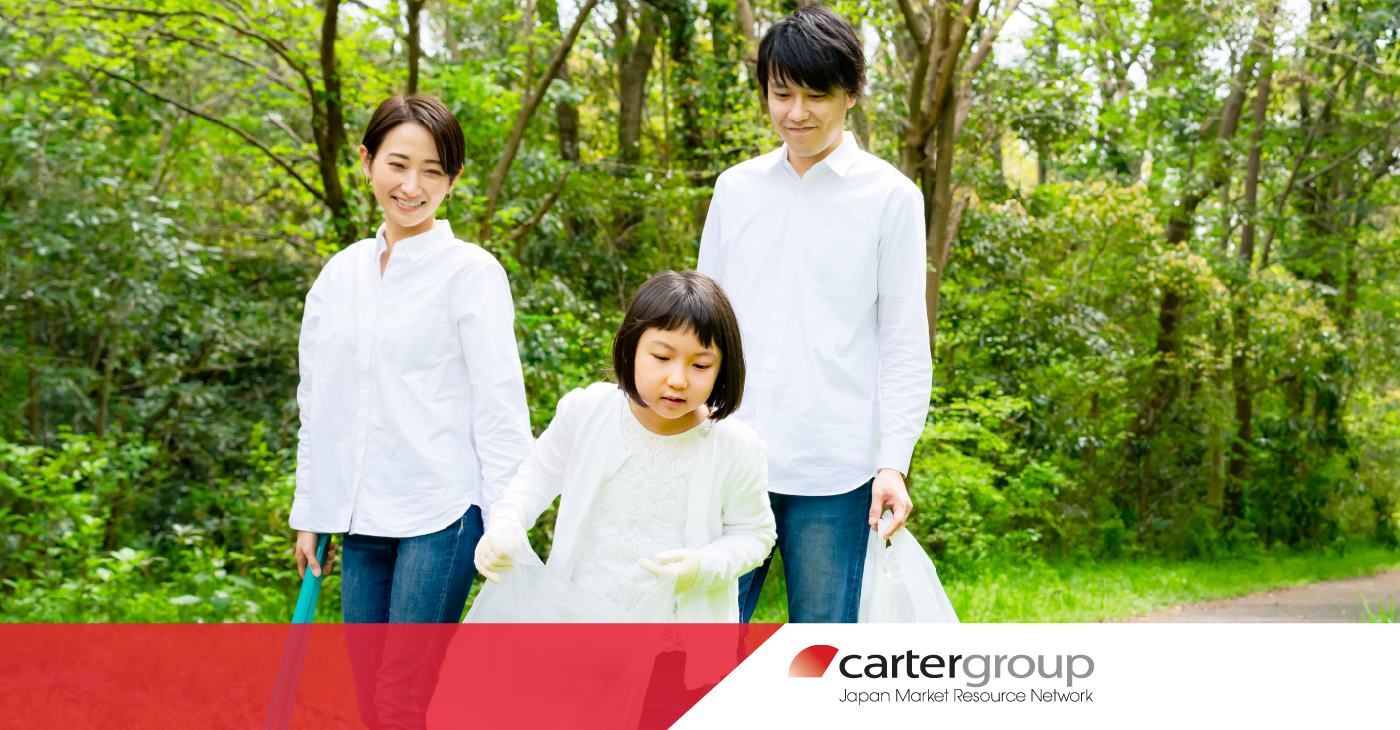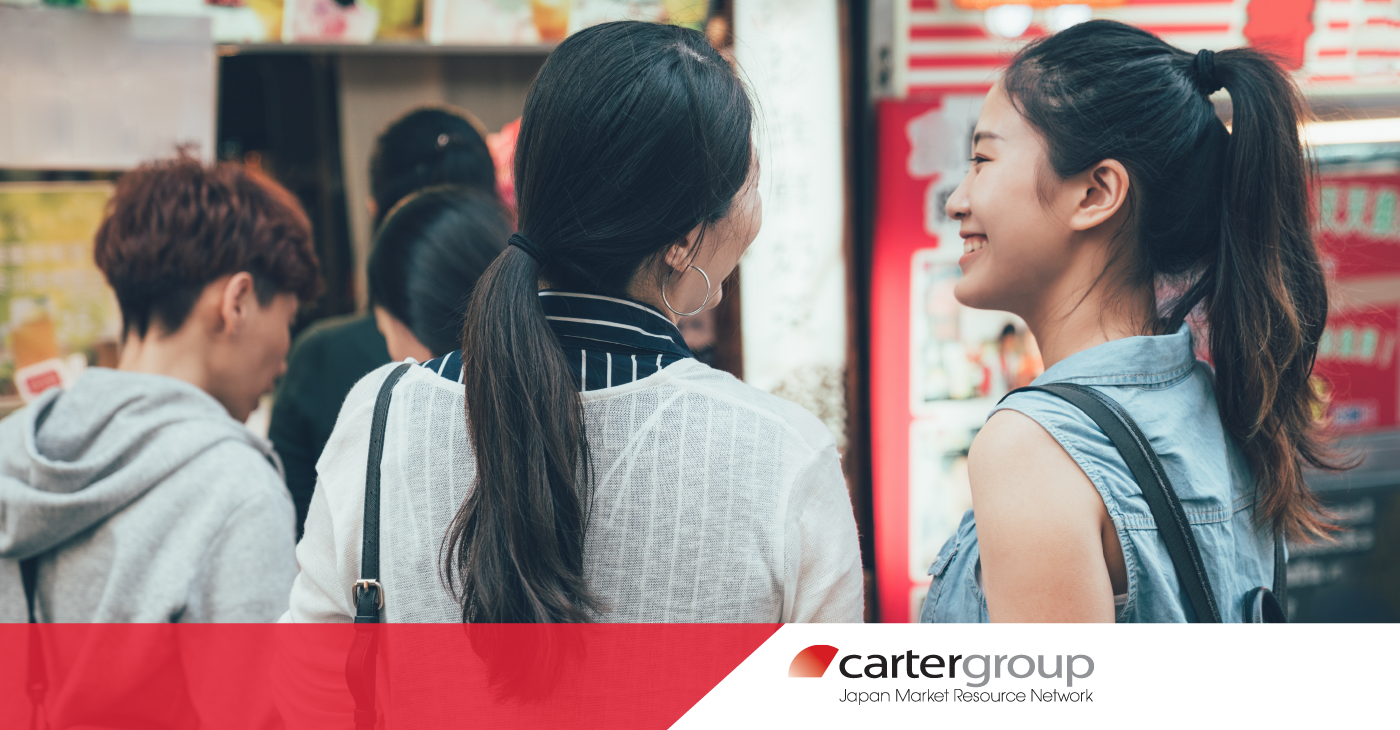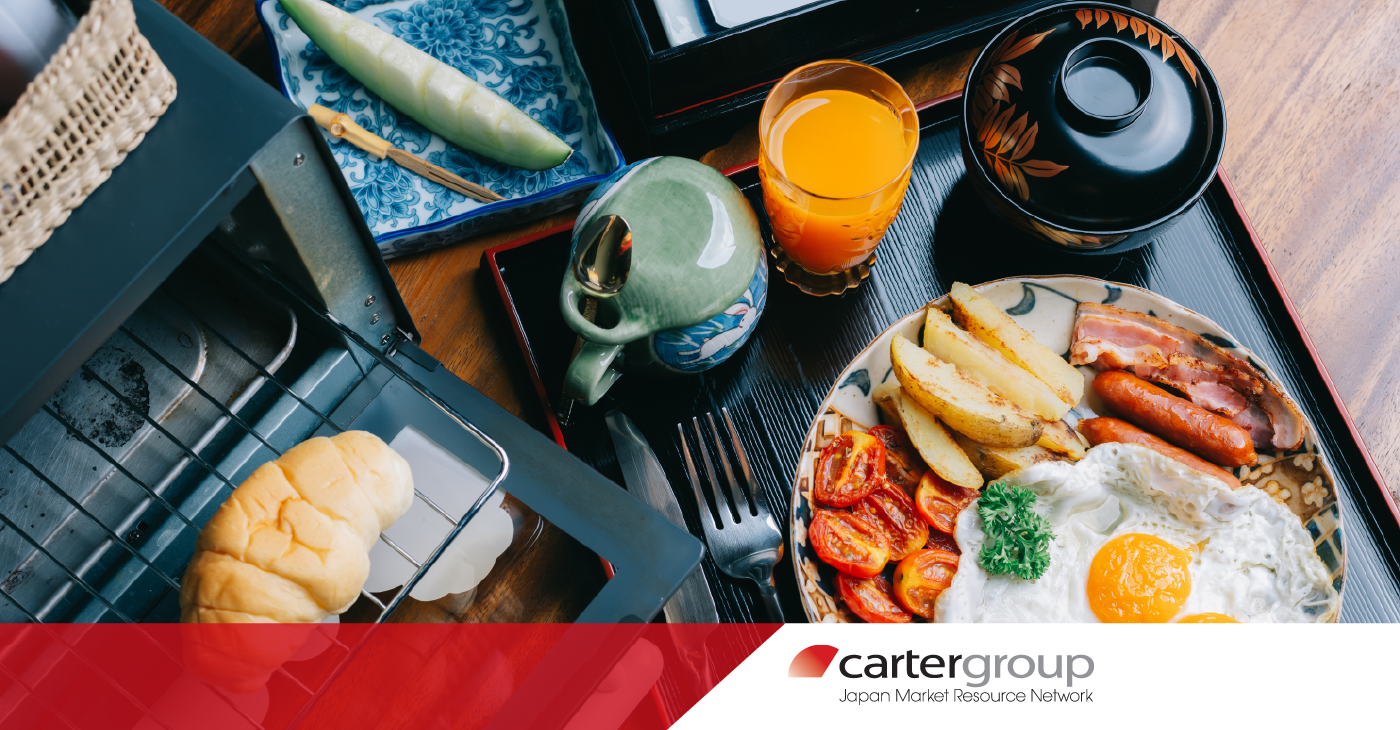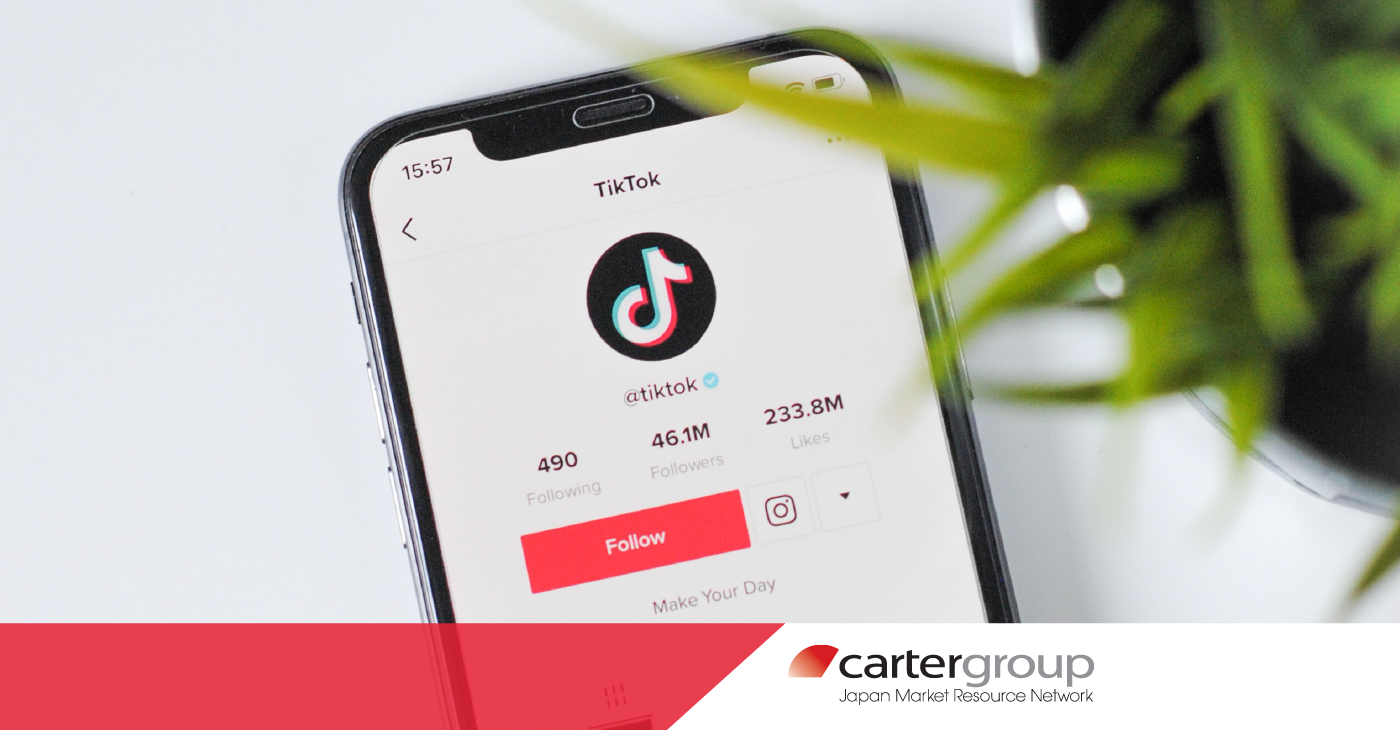
by carterjmrn | Dec 9, 2022 | Carter Group Viewpoints, Green Consumer, Japan Sentiment Tracker, Japan Values Segmentation
Japanese are not as unengaged on the topic of sustainability as you might think Over the past 10 to 15 years, Japanese marketers have wholeheartedly embraced the symbology of sustainability. Notions of ‘green’ and ‘eco’ and ‘human’ have proliferated in aesthetic...

by carterjmrn | Dec 1, 2022 | Carter Group Viewpoints, Japan Sentiment Tracker, Japan Values Segmentation
Values are challenged by the complexity of modern life For many, one of the toughest challenges in developing one’s values set is navigating through extremes. There is a temptation to assume simplistic (or unbalanced) worldviews that provide a sense of security....

by carterjmrn | Nov 15, 2022 | Japan Mega Trends, Japan Sentiment Tracker, Japan Values Segmentation
You’ve heard it said that ‘culture eats strategy for breakfast.’ More than once, probably. It’s become a part of corporate vernacular, a buzz phrase designed to espouse the virtues of building a strong company culture over focusing simply on business strategy.It has...

by carterjmrn | Oct 25, 2022 | Japan Mega Trends, Japan Sentiment Tracker
CarterJMRN has been tracking daily social media usage among the general public aged 16-69 via our Japan Consumer Sentiment Survey since 2017. Our latest wave in 2022 has found that the most used daily platform is LINE- Japan’s leading messaging app, at 52%, followed...

by carterjmrn | Oct 11, 2022 | Carter Group Viewpoints, Changing World of Work, Japan Sentiment Tracker, Japan Values Segmentation
Competing definitions of progress in today’s Japan One definition of progress is that the Japanese market should move its society from one based on traditional values – highly protective of change and respectful of continuity and stability – to one of...

by carterjmrn | Aug 23, 2022 | Changing World of Work, Covid-19 Related Articles, Green Consumer, Japan Mega Trends, Japan Sentiment Tracker, Women Power
The United Nations’ Sustainable Development Goals (SDGs) are a set of 17 goals and 169 targets that countries are encouraged to use as a guide for sustainable development. All United Nations Member States adopted the goals in 2015, and each country is responsible for...

by carterjmrn | Feb 25, 2022 | Carter Group Viewpoints, Japan Sentiment Tracker, Japan Values Segmentation
In the world of Japanese market research, it’s well known that Japanese people tend to shy away from the extreme points when answering rating scale questions. You might often find the majority, or at least a plurality, of respondents in your survey bunching at the...







